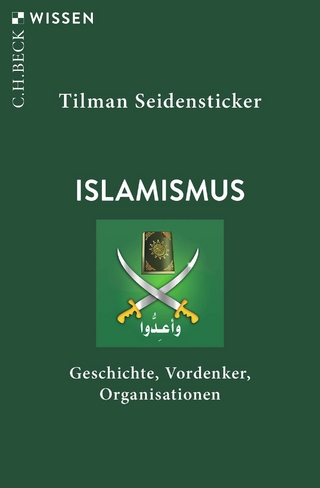
Red State, Blue State, Rich State, Poor State
Princeton University Press (Verlag)
978-0-691-13927-2 (ISBN)
- Titel erscheint in neuer Auflage
- Artikel merken
On the night of the 2000 presidential election, Americans sat riveted in front of their televisions as polling results divided the nation's map into red and blue states. Since then the color divide has become a symbol of a culture war that thrives on stereotypes - pickup-driving red-state Republicans who vote based on God, guns, and gays; and elitist, latte-sipping blue-state Democrats who are woefully out of touch with heartland values. "Red State, Blue State, Rich State, Poor State" debunks these and other political myths. With wit and prodigious number crunching, Andrew Gelman gets to the bottom of why Democrats win elections in wealthy states while Republicans get the votes of richer voters, how the two parties have become ideologically polarized, and other issues.Gelman uses eye-opening, easy-to-read graphics to unravel the mystifying patterns of recent voting, and in doing so paints a vivid portrait of the regional differences that drive American politics.
He demonstrates in the plainest possible terms how the real culture war is being waged among affluent Democrats and Republicans, not between the haves and have-nots; how religion matters for higher-income voters; how the rich-poor divide is greater in red not blue states - and much more."Red State, Blue State, Rich State, Poor State" is a must-read for anyone seeking to make sense of today's fractured American political landscape. Myths and facts about the red and the blue - Myth: The rich vote based on economics, the poor vote "God, guns, and gays." Fact: Church attendance predicts Republican voting much more among rich than poor. Myth: A political divide exists between working-class 'red America' and rich 'blue America.' Fact: Within any state, more rich people vote Republican. The real divide is between higher-income voters in red and blue states. Myth: Rich people vote for the Democrats. Fact: George W. Bush won more than 60 percent of high-income voters. Myth: Religion is particularly divisive in American politics. Fact: Religious and secular voters differ no more in America than in France, Germany, Sweden, and many other European countries.
Andrew Gelman is professor of statistics and political science at Columbia University. His books include "Bayesian Data Analysis" and "Teaching Statistics: A Bag of Tricks". He received the Presidents' Award in 2003, awarded each year to the best statistician under forty.
PART I: THE PARADOX 1 CHAPTER 1: Introduction 3 CHAPTER 2: Rich State, Poor State 8 CHAPTER 3: How the Talking Heads Can Be So Confused 24 PART II: WHAT'S GOING ON 41 CHAPTER 4: Income and Voting over Time 43 CHAPTER 5: Inequality and Voting 58 CHAPTER 6: Religious Reds and Secular Blues 76 CHAPTER 7: The United States in Comparative Perspective 94 PART III: WHAT IT MEANS 109 CHAPTER 8: Polarized Parties 111 CHAPTER 9: Competing to Build a Majority Coalition 137 10 Putting It All Together 165 Notes and Sources 179 Index 221
| Erscheint lt. Verlag | 10.8.2008 |
|---|---|
| Zusatzinfo | 11 color illus. 81 line illus. |
| Verlagsort | New Jersey |
| Sprache | englisch |
| Maße | 152 x 235 mm |
| Gewicht | 510 g |
| Themenwelt | Sozialwissenschaften ► Politik / Verwaltung ► Politische Theorie |
| Sozialwissenschaften ► Soziologie ► Empirische Sozialforschung | |
| ISBN-10 | 0-691-13927-X / 069113927X |
| ISBN-13 | 978-0-691-13927-2 / 9780691139272 |
| Zustand | Neuware |
| Haben Sie eine Frage zum Produkt? |
aus dem Bereich



